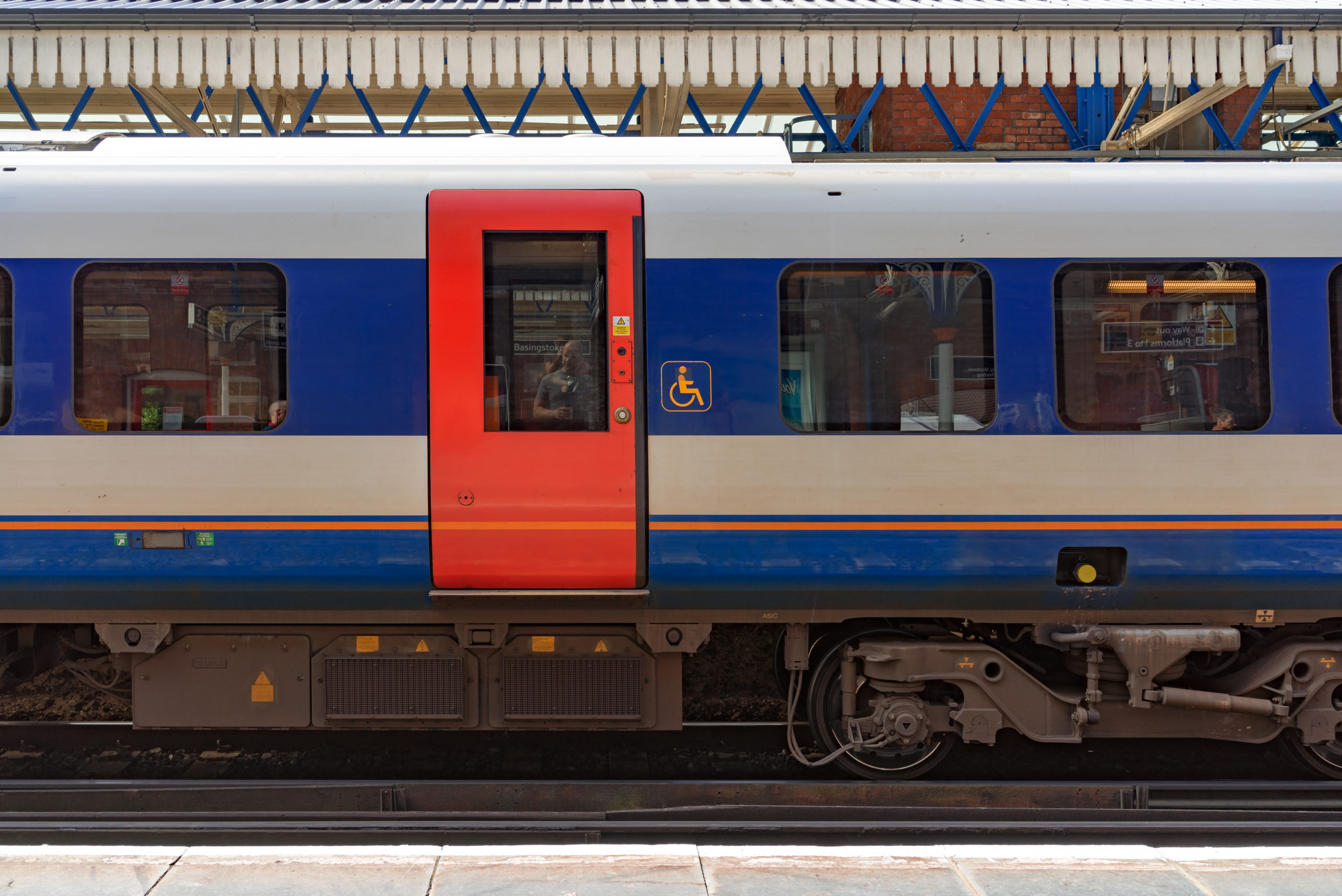
Southern Rail bosses have made a direct appeal to drivers to end the strike action that’s costing the UK £300m.
The firm sent letters to over 1,000 drivers outlining their improved offer in a bid to end the ongoing dispute. The unions have already dismissed the same offer.
The train operator’s parent company GTR, promises that there will be no increase in driver-only trains after January. The letter also urges drivers to end the industrial action and work with the company to move forward. It promises no job or pay cuts, an extra 100 trained on-board supervisors and to better support those involved in accidents with passengers.
Drivers are planning to stage a six-day strike from 9 January 9 until 14 January, which will cause disruption to 300,000 passengers a day.
Rail Ombudsman
Ministers have introduced a bill to appoint a rail ombudsman to keep rail operators in check and curb future industrial unrest. The Rail Ombudsman Bill passed the first stage in the commons but it will need government backing to become law. The bill will apply to the entire UK rail network.
Freedom of movement
The industrial unrest started in April and led the train operator to ask the High Court for an injunction to prevent strike action.
Southern Rail argued that the industrial action was unlawful because of the EU law on freedom of movement. They hoped to apply the European Court of Justice decision from a 2007 case concerning the International Transport Workers’ Federation. They claim that the strike’s effect on free movement rights was disproportionate and contrary to EU directives. The fact that the firm has French co-owners formed the basis of their case.
But the High Court dismissed their arguments saying they needed some cross-border issues in the dispute for the EU provisions to apply. Being partly foreign owned is not enough, the High Court said. To be successful, the injunction would need to have wanted to relate to discrimination against Southern Rail as a foreign company.
Unless they try to appeal to the Supreme Court, Southern Rail has no legal way of stopping the strikes. So instead it will have to reach an agreement at the negation table.
Curbing future strike action
Transport Secretary Chris Grayling has recently hinted that there could be plans to introduce legislation to prevent future strikes.
The government has already made changes to the law making it harder for trade unions to call a strike. Unions need to have a minimum of 50% turnout of those eligible to vote and 40% voting for strike action. This does include rail services, however the legislation is not yet law.
Economic impact
The University of Chichester has examined the economic impact of the Southern Rail dispute. Basing their calculations on the thousands of commuters made late, missed work or forced to work at home due to the strikes, they calculated a loss of £300m.








